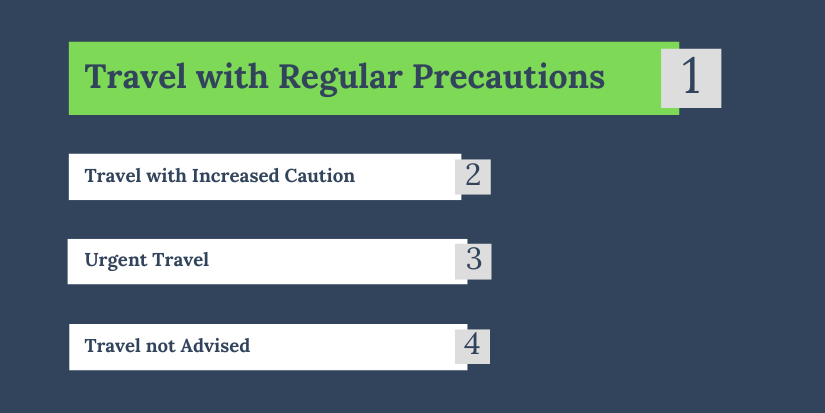
VISA REGIME
For holders of national passports and other travel documents: Visa is not required for stays of up to 90 days*
For holders of diplomatic and official passports: Visa is not required for stays of up to 90 days
Note:* Visa is required for holders of an emergency travel document in transit
ENTERING AND LEAVING THE COUNTRY
Citizens of the Republic of Serbia who hold a national passport do not need a visa for stays of up to 90 days in Uruguay in a six-month period, counting from the date of first entry. For the purpose of tourism travel, the remaining validity of the passport must be minimum 6 months. This also applies to regulating stay in Uruguay.
SOCIAL SECURITY AGREEMENT
No social security agreement has been concluded.
USEFUL INFORMATION
HEALTH SITUATION — Serbia and Uruguay do not have an agreement on mutual health insurance of their citizens, thus, travel health insurance is recommended. General conditions of medical treatment in Uruguay are good.
SECURITY SITUATION — In general, the security situation in the country is good. Street crime is present in Montevideo, in the parts of the city around the port. Tourists are advised to take standard precautions and to stay in larger cities or tourist centres, if possible.
The police telephone number in Montevideo is 911, and in the rest of the country it is 02 911. All persons who, even if unknowingly, violate Uruguayan laws may be expelled, detained, or arrested.
Penalties for possession, use and illegal trafficking of drugs are extremely severe in Uruguay.
TRANSPORT — Uruguay's international airport is Carrasco, located in the capital of Montevideo, which is also Uruguay's main international port.
Transport in Uruguay is safe and well organised. Roads are good almost throughout the entire country. Local drivers often do not respect speed limits and traffic signs.
To drive in Uruguay, foreign nationals must have an international driving permit.
OTHER INFORMATION — Uruguayan customs regulations are very strict in terms of temporary import and export of precious and semi-precious stones, jewellery, weapons, medicines, plants and plant seeds, pornographic material, flammable substances, certain types of food, and antiques. Jewellery worth more than 500 US dollars must be declared upon entry.
When entering and leaving Uruguay, travellers must declare cash amounts of over 10,000 US dollars, and a certificate of origin in case of larger amounts.
The Uruguayan currency is peso.
All major payment cards are accepted. The price of hotel accommodation on ranges between 100 and 300 US dollars. Daily food cost ranges between 60 and 100 US dollars.
Contact information:
For consular assistance and protection, you may contact the Embassy of the Republic of Serbia in Buenos Aires (address: Montevideo 696 C1019 ABN, BUENOS AIRES ARGENTINA), at the following numbers: +5411/4371-1359 , +5411/4371-1362 , and e-mail address: srb.emb.argentina@mfa.rs
